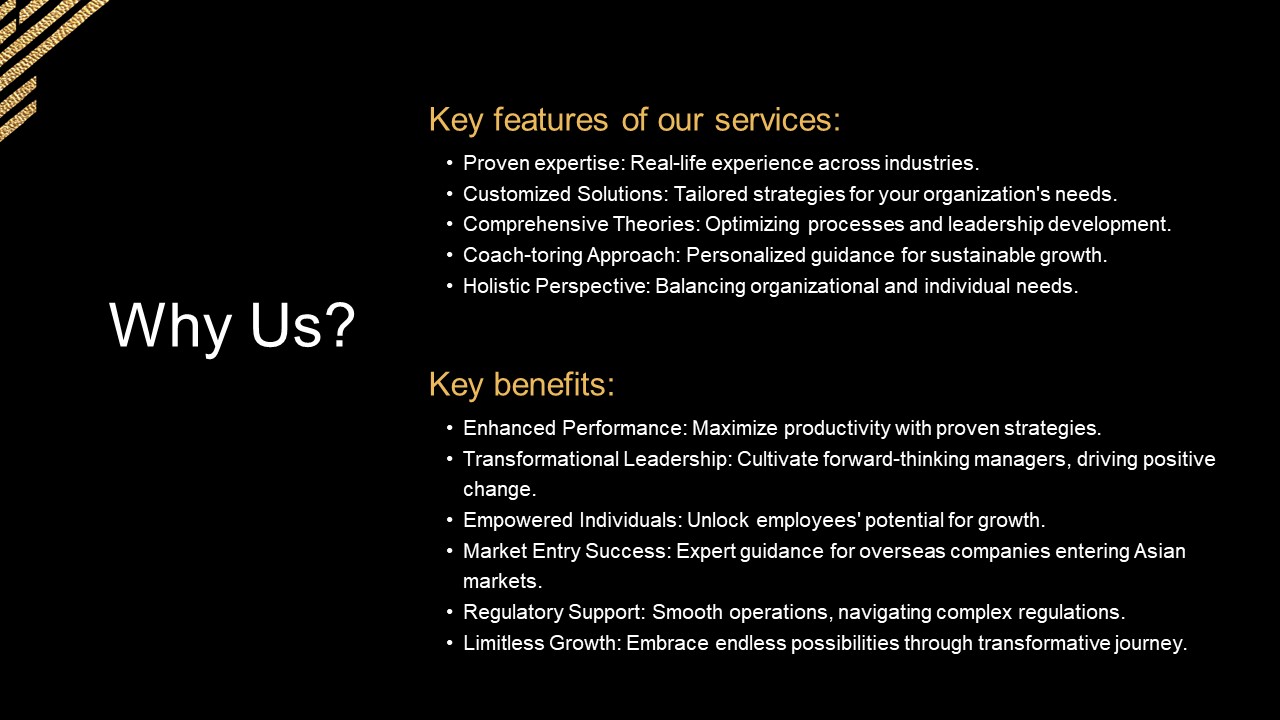The ABCDE model is a cognitive-behavioral tool developed by psychologist Albert Ellis as part of Rational Emotive Behavior Therapy (REBT). It helps individuals understand how their thoughts, emotions, and behaviors are connected in response to specific situations. The model follows five steps:
1. *A – Activating Event:* The event or situation that triggers an emotional or behavioral response.
2. *B – Beliefs:* The beliefs or interpretations held about the event, which can be rational or irrational.
3. *C – Consequences:* The emotional and behavioral outcomes resulting from these beliefs.
4. *D – Disputation:* Challenging and disputing irrational beliefs to identify cognitive distortions.
5. *E – New Effect:* Adopting healthier, more rational beliefs, leading to positive emotions and behaviors.
By using the ABCDE model, individuals can reshape their thinking patterns, better regulate emotions, and improve overall well-being. It’s a powerful tool in cognitive-behavioral therapy for managing stress, anxiety, and emotional distress.







